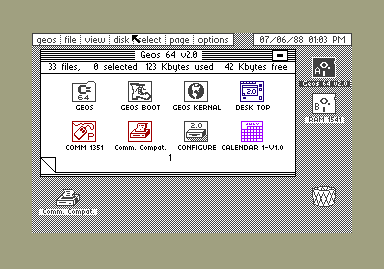A trustworthy system must have at least three of these four characteristics:
I have one non-negotiable, too:
Having said that, my current job, and my previous job have involved working with Microsoft SQL Server, and as commercial databases go, it's actually pretty nice. And if your database is small, it's free, with the "Express" edition. Nevertheless, it's hardly painless. It seems very easy to make mistakes that you will only realize are mistakes after years of work. That's why the "DBA" and the "Database developer" roles were born; Because doing SQL databases is hard work, and screwing them up is easy.
Lately, I have become very interested PostgreSQL, which is a hybrid database, offering classic SQL features, and a lot of great stuff that the NoSQL crowd has come to offer as well. I also have a lot of respect for SQLite, and for desktop-only zero-configuration cases, I have come to prefer it. However that stance is new for me. I actually had a very loud argument, where I was completely (irrationally, and wrongly) against ever using SQLite in any Delphi application written by any team involving me. Hey Steve, if you're reading me; I was wrong. SQLite is actually kind of awesome.
I realize that the DB world and the persistence-layer of programming, are hotbeds of opinions. ORMs are great. ORMs suck. Automatic OOP persistence layers are a current area where debate is raging loudly. The classic "SQL for everything" people tend to value hand-crafted SQL and queries, and so any layer that tries to map (via an ORM) objects to SQL is going to suck, in some cases. However, if you want a non-relational persistence model (which is actually ideal for many classes of problems), you're always going to be wondering if you went the wrong way, when you get yourself into the sorts of troubles that SQL-based solutions don't suffer from. How about the debate between the "Scalability Über-Alles" crew and the "Data Integrity Über-Alles" crew. It's a holy war, and it's on.
There are no silver-bullets. But there are some lead-balloons out there.


